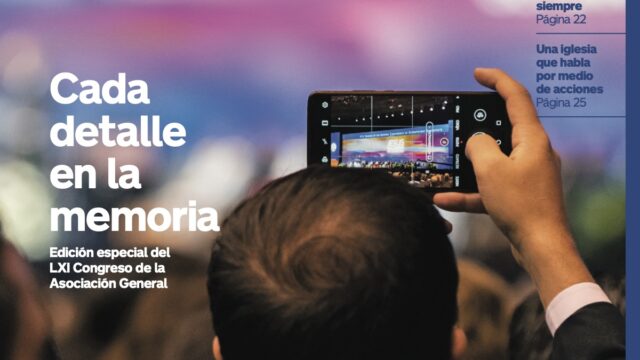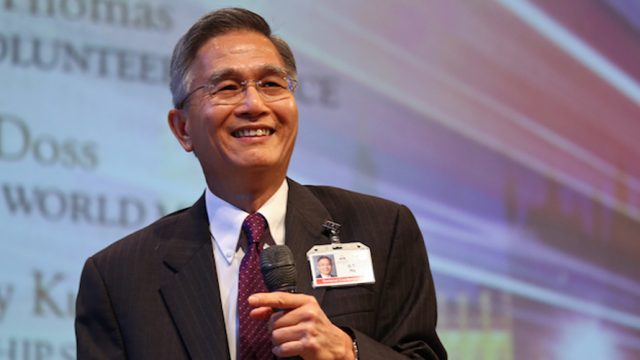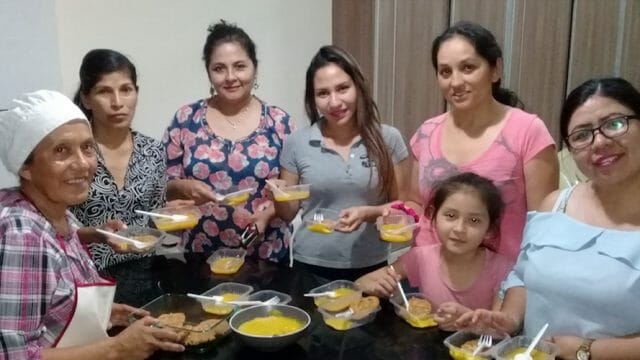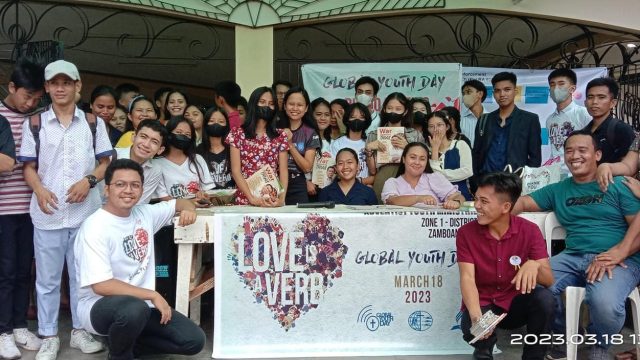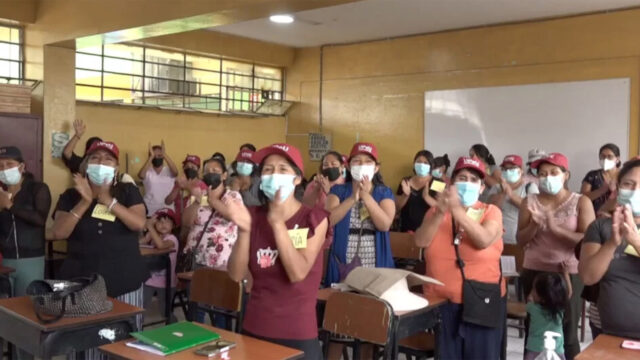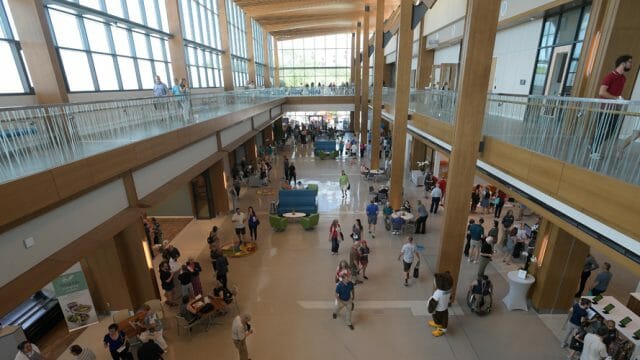Production retells the school history through the years, is set to premiere in April 2025.

In August 2024, attentive observers in Friedensau, Germany, were able to spot film crews on the move, lugging large microphones and other equipment and setting up to shoot scenes with actors and extras dressed in historical costumes. The production was for Echo of Faith, a documentary depicting historical events from Friedensau Adventist University’s history that will premiere on April 6, 2025.
Several films about Friedensau have been produced over the years. The oldest surviving one is a promotional film from 1935, made by Friedemann Mahlhus, the former head of the Friedensau picture center, with explanatory words from Gottfried Donat added afterwards, that gives an impression of Friedensau around 90 years ago.
In recent decades, film crews have been on site from time to time to report on events at the university in short or longer sequences. In 2024 a docu-drama is being produced that focuses on the history and stories of Friedensau. The film Echo of Faith is based on Wolfgang Hartlapp’s 2009 book Wanderer, kommst du nach Friedensau (“Hiker, if You Come to Friedensau”). Lecturer and church historian Johannes Hartlapp wrote the screenplay. The film became a reality thanks to Friedensau-Media, under the direction of Matheus Volanin and Matthias Reischel. Reischel has already directed several films.
During the shooting of the film, producers assigned special importance to some people who have experienced Friedensau firsthand. Theology student Wieland Gelke had the opportunity to take part in the film as an actor. Like other amateur actors from Friedensau, he was very impressed by the film.
Gelke described his impressions on set. “It’s a tense silence. Everyone stands rigidly and waits for the signal. And then, action starts immediately. I’m standing opposite two sinister figures who are tailor-made National Socialists in terms of their clothing and demeanor. Everything about them intimidates me and makes me feel uncomfortable.… I feel the pain and powerlessness, become smaller and smaller inside and yet try to maintain my friendly but slightly distant and shy demeanor. Then, all of a sudden, we hear, ‘Cut!’ and everyone stands there as if transformed. The scowls disappear, and the ‘Nazis,’ who had just been so nasty, become very friendly and likeable people.”
He added, “For me, as a layman, it is a completely new and overwhelming experience: the costumes, the make-up, the props, and the set are designed with loving attention to detail,” Gelke said. “Together with the wonderful performance of the actors, it is very easy to immerse yourself in your role and the period. As the [character of] director of Friedensau Seminary [Otto Vogel], I am faced with a political superior force that wants to intimidate me and seize our buildings. It’s all just an act, but the emotions are still real. I feel the discomfort, the helplessness, and the pain that the representatives of the university must have felt in this situation at the time. I am deeply moved to know that they remained strong back then, relied on God, and saved Friedensau from a far worse outcome.”
Karola Vierus, who has lived, studied, and worked in Friedensau for more than 45 years, also was included in one scene. She plays — how could it be otherwise — an organ player.
She shared her experience of filming in Friedensau Chapel. “I thought everything was very professional and well organized.… The only thing they struggled with was the overly bright fluorescent tube above the organ music stand. It was first covered with light-colored and then dark paper, so that reading the music was a bit tiring. I found the little group that represented the churchgoers in the gallery very funny. In the special East Germany fashion of the eighties, in beige and grey … they sat there, focused. That really amused me.”
Other filming locations included an old Latin school in Gernrode (Harz), the Kleinbahn traditional railway station in Magdeburgerforth (because the Pabsdorf-Friedensau railway station no longer exists today), and the Neue Schule, in a classroom converted into an office. Interviews were also recorded with Dieter Leutert (in Potsdam), Wolfgang Kabus (in Augsburg), and Bernhard Oestreich (in Friedensau), which will be included in the docu-drama.
As of late 2024, the post-production work is currently underway, including the editing of the film, optimizing the soundtrack, and other steps. “It will be exciting for us all to see what has become of this project,” one Friedensau leader said. “I’m really looking forward to it!”
The original version of this story was posted by Friedensau Adventist University.











